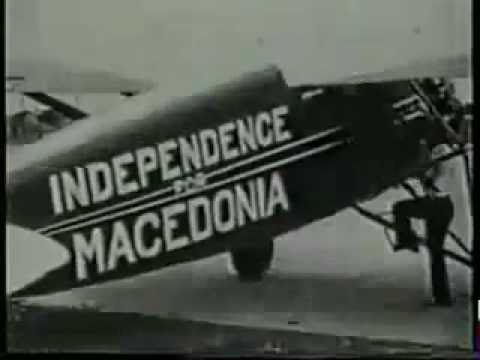Jane Sandanski: All residents of Macedonia are pure Macedonians

Several sources indicate that the VMRO's left wing, led by Jane Sandanski, nurtured Macedonian national consciousness. The Greek Eleftherios Stavridis points out in his book "Behind the Scenes of the KPG" from 1953 that Sandanski, originally from Pirin-Macedonia, was one of the so-called "Slavic-speaking Macedonians". " Sandanski claimed that the time for the liberation of the Macedonian nation came when the Greek, Serbian and Bulgarian nations shook off the Turkish yoke. In order for Macedonia to become a whole and completely independent state, Sandanski preached that all residents without exception are neither Bulgarians, nor Greeks, nor Kutzovlachs (Aromanians), even if they speak a Macedonian-Slavic dialect or a Greek or Kutzovlach idiom ... all Inhabitants of Macedonia are pure Macedonians, descendants of the old Macedonians of Philip II and Alexander ... Sandanski, together with Delchev are the two pioneers of the Ilinden uprising of 1903...became da...










